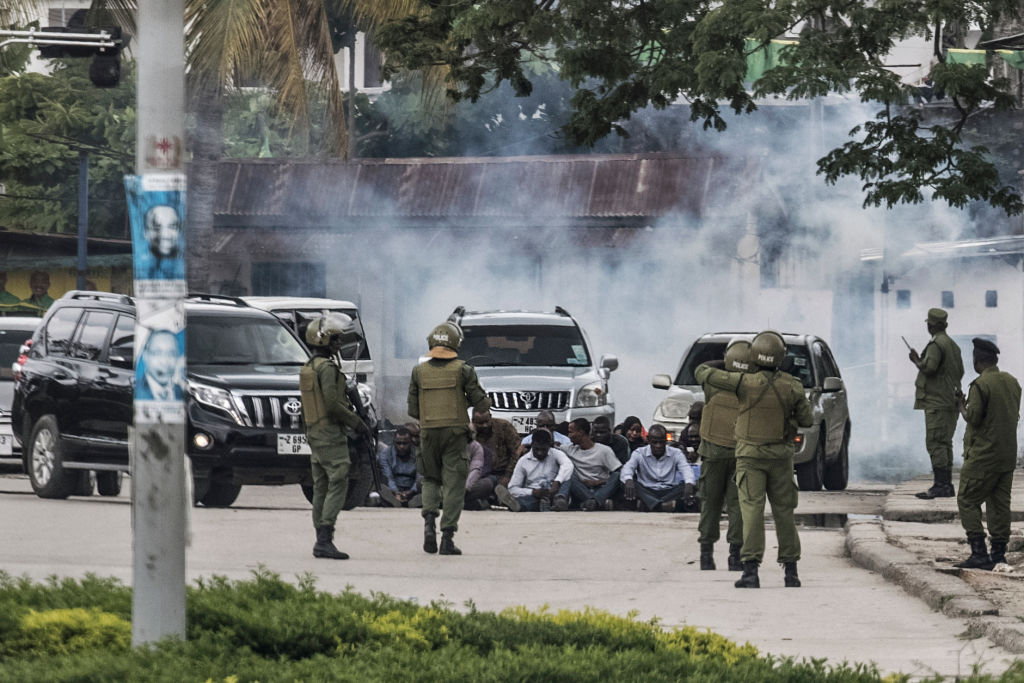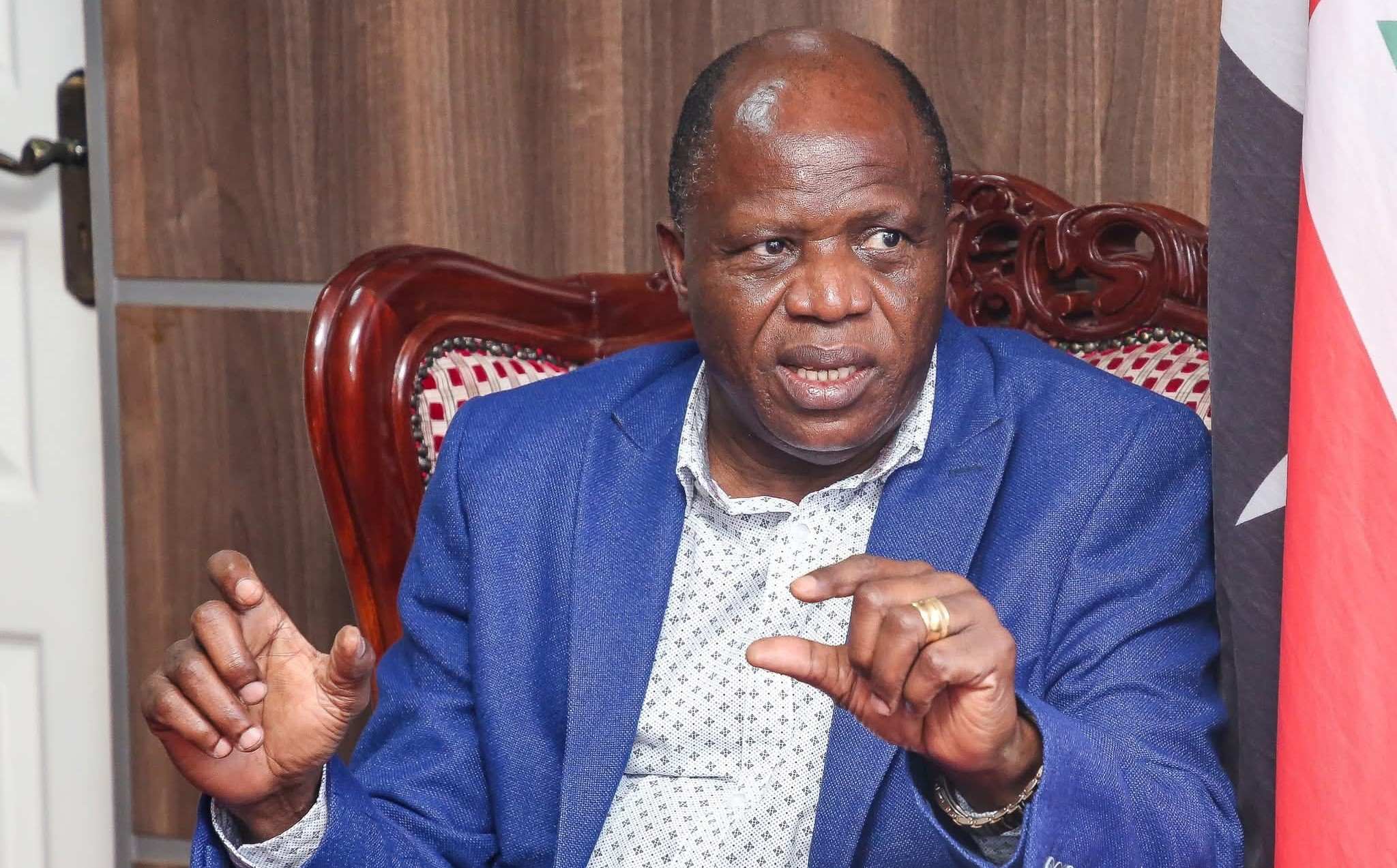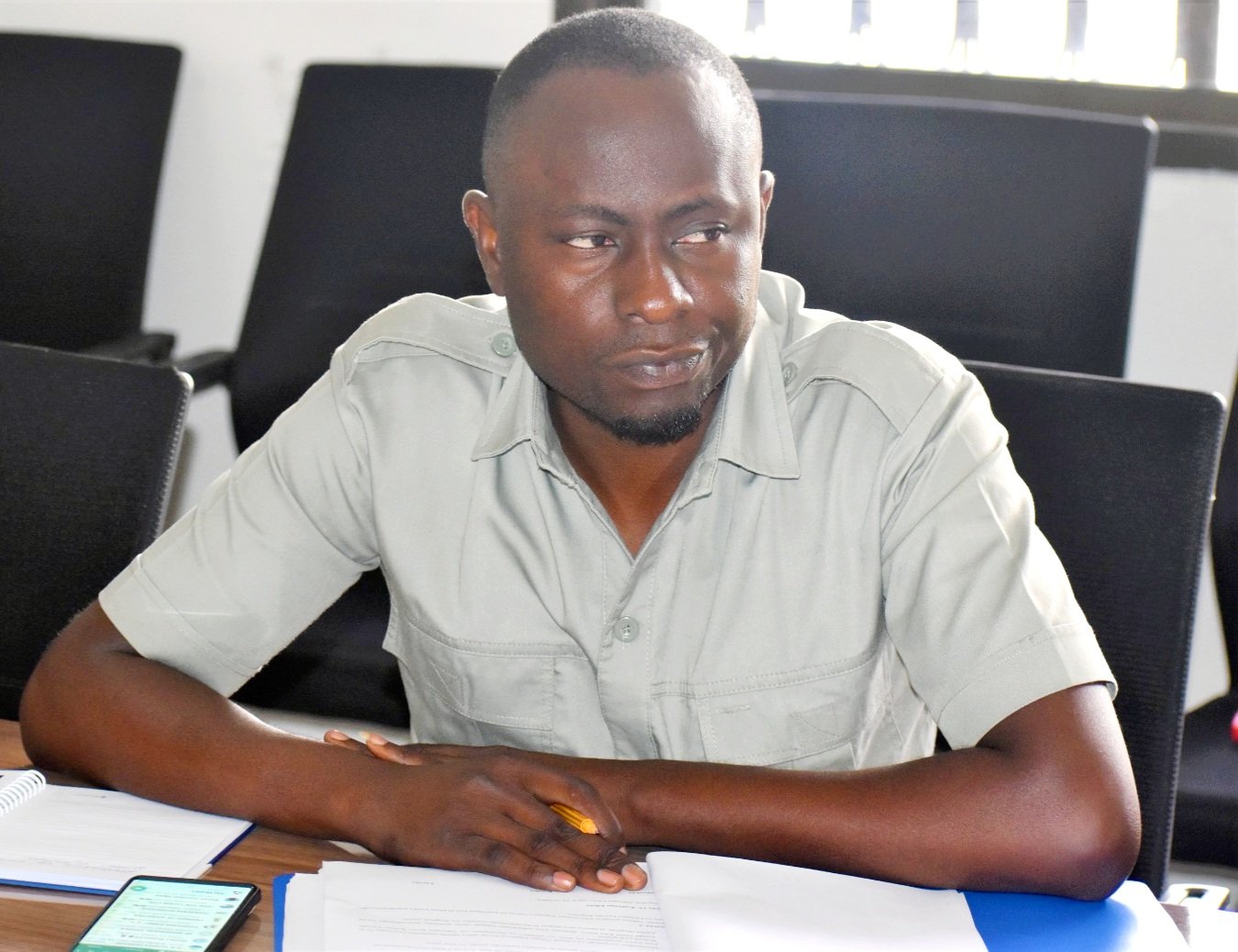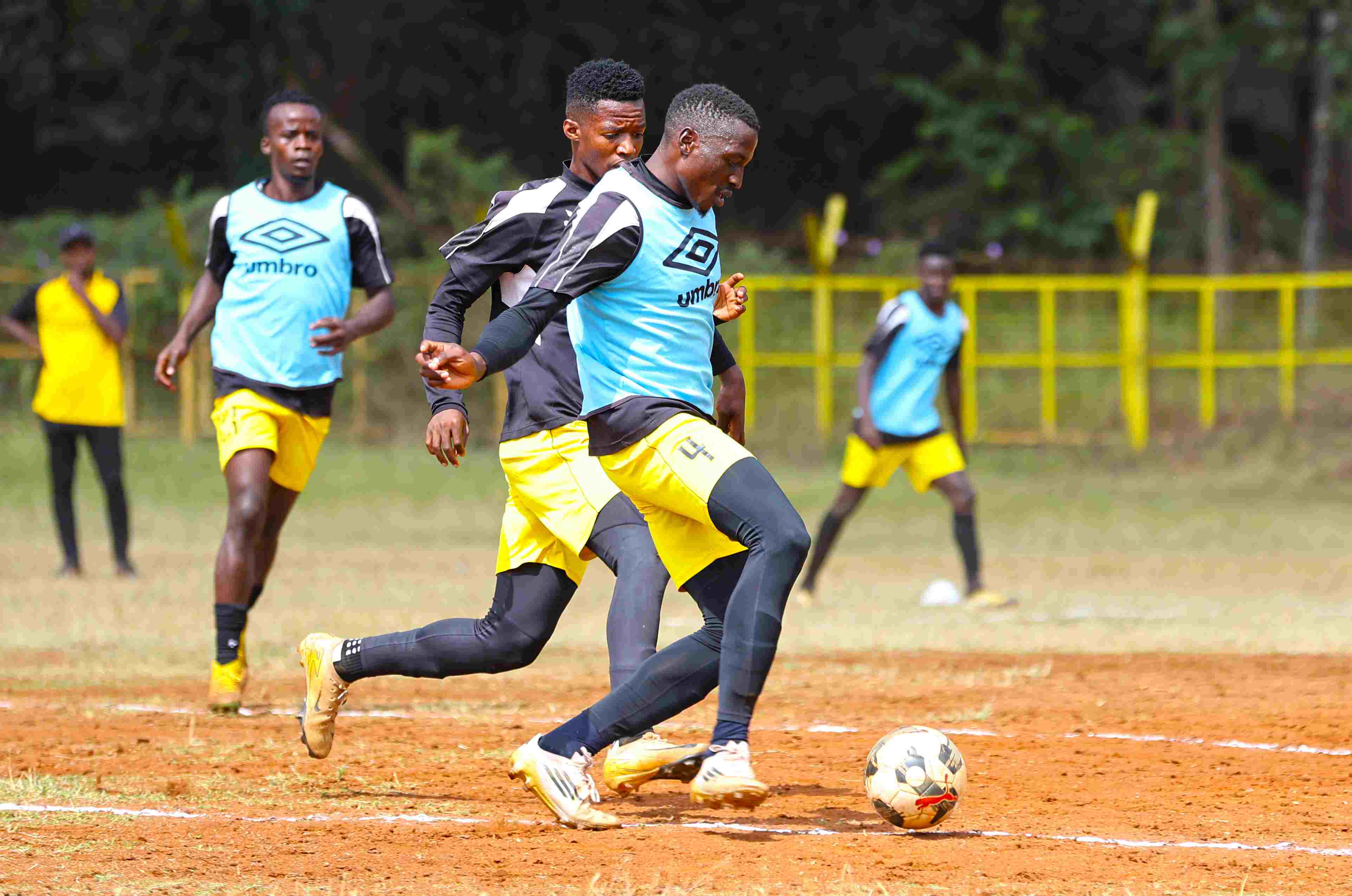Amnesty International confirms two killed in Tanzania election protests

Chagutah also warned that the reported nationwide internet disruption in the country threatens to further inflame the situation.
Amnesty International has confirmed that at least two people, a civilian and a police officer, were killed during election day protests in Tanzania, calling for immediate investigations into the police use of lethal force.
Amnesty International Regional Director for East and Southern Africa, Tigere Chagutah, said the authorities have a constitutional obligation to respect the rights of all citizens before, during and after elections.
More To Read
- Chadema demands transitional government, new constitution in Tanzania, calls October polls ‘illegal'
- Tanzania police issue fresh warning against nationwide demonstrations
- Tanzania streets deserted as police and soldiers quash Independence Day protests
- Security beefed up in major Tanzania cities amid Independence Day protest fears
- High Commission issues advisory to Kenyans in Tanzania amid December 9 protest fears
- Sweden to phase out bilateral cooperation with Tanzania by August 2026
“Reports that one member of the public and one police officer have been killed during election day protests across Tanzania are deeply disturbing. The risk of further escalation is high. We urge the police to exercise restraint and refrain from using unnecessary and excessive force against protesters,” Chagutah said in a statement on Wednesday.
He maintained that Tanzanian authorities must promptly conduct a thorough and independent investigation into the unlawful use of lethal force against protesters, and the perpetrators must be held accountable.
Chagutah also warned that the reported nationwide internet disruption in the country threatens to further inflame the situation, calling on authorities to allow “unrestricted access to information both online and offline by ensuring full internet access and allowing local and international media to report freely on the election.”
Tanzanians went to the polls on October 29 in an election dominated by the ruling Chama cha Mapinduzi (CCM) party, after opposition presidential candidates Tundu Lissu of Chadema and Luhaga Mpina of ACT-Wazalendo were barred from contesting.
Verified videos showed largely peaceful protests in Dar es Salaam, Mbeya, Tunduma, Tanga and Mwanza. Ahead of the election, Amnesty International had warned that authorities were intensifying repression of opposition voices, journalists, civil society and human rights defenders.
Following violent protests in Dar es Salaam, authorities imposed a curfew in the commercial capital. Dar es Salaam Special Zone Police Commander Jumanne Muliro said the curfew would begin at 6:00 pm East Africa Time (EAT), warning residents to remain indoors until further notice.
The announcement followed reports of youths attempting to protest in Kimara Kibo, which police quickly dispersed. Security vehicles were deployed along major routes, including Morogoro Road, maintaining close surveillance.
Dar es Salaam Regional Commissioner Alfred Chalamila supported the curfew, warning that authorities would respond decisively to any actions aimed at destabilising the country.
“Even if you see propaganda on social media about any area of the Dar es Salaam region, know the power used to control it is seven times stronger than that applied for planning it,” Chalamila said.
He urged citizens to uphold peace, trust government institutions, and safeguard Dar es Salaam’s image as a hub of stability and unity.
Election day demonstrations erupted after opposition supporters decried a “one-sided election” and demanded electoral reforms following the detention of Tundu Lissu, prompting his party, Chadema, to boycott the vote.
Videos circulated online showing young people chanting “We want our country!” while smoke rose from burning structures in Dar es Salaam and Arusha. Witnesses reported vandalism at bus terminals and government offices, and fires along major roads.
The BBC and internet monitoring group NetBlocks reported a nationwide internet blackout that disrupted online communication and social media access during voting.
“Nationwide disruption to internet connectivity has been observed,” NetBlocks confirmed on X.
Security forces used tear gas to disperse crowds in multiple areas, leaving several injured. The protests coincided with the disqualification of leading opposition candidates, leaving President Samia Suluhu Hassan and CCM with little competition.
Despite over 37 million registered voters at more than 99,000 polling stations, voter turnout appeared low, reflecting fears of violence. The Independent National Electoral Commission (INEC) confirmed that polling ran from 7:00 am to 4:00 pm local time, with results expected within 72 hours.
Top Stories Today














































